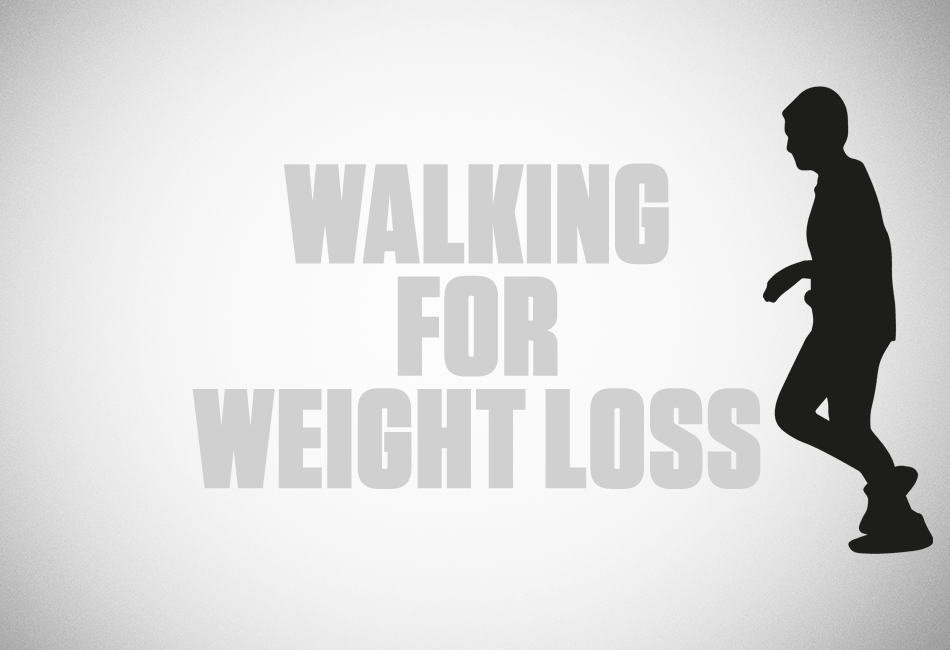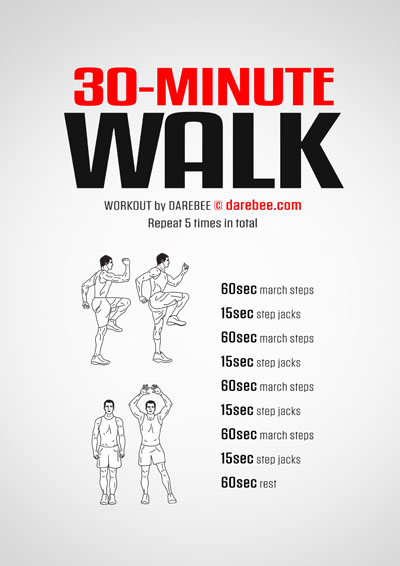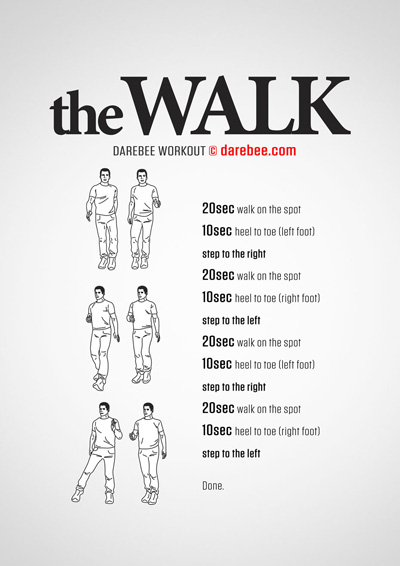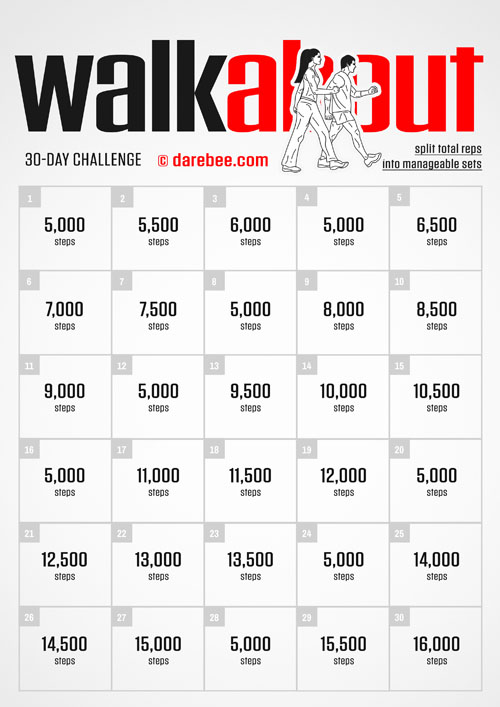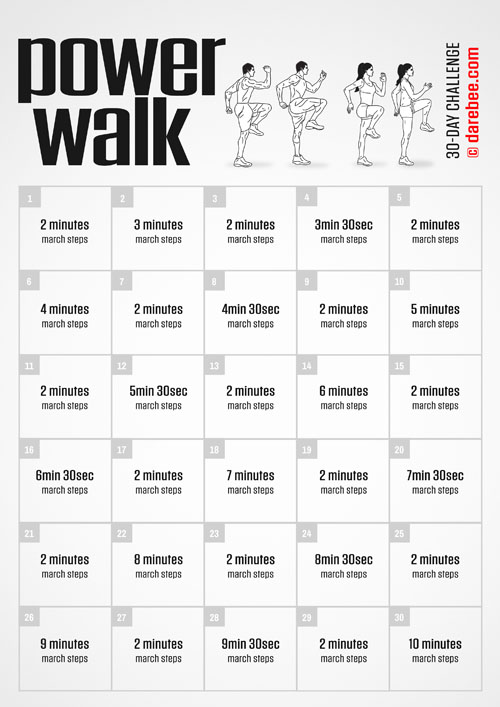Despite having evolved to get about on two legs we all have to, at some point, learn to run properly. Walking, on the other hand, seems something we have evolved to do for over 6 million years. Because it feels so natural to us we frequently overlook its effectiveness as a means to improve our fitness, control our weight and maintain our cardiovascular and cognitive health.
The popularity of smartwatches with fitness apps and personalized fitness trackers that allow us to log our steps each day have made the “10,000 steps a day” the popularly accepted standard for walking to deliver tangible fitness benefits. That is not however true. While taking 10,000 steps each day certainly helps deliver fitness results faster, studies have already shown that benefits to circulation, weight control and heart and brain health can be seen in those who take as few as 4,400 steps per day.[1]
That same study also linked gains in longevity for those who take anything between 4,400 steps and 7,500 steps a day. A much bigger study of over 50,000 walkers showed that by increasing walking intensity[2] the health benefits were consistent across the board regardless of gender or age. This tallies with a number of recent studies that tout walking and everyday physical activities as a viable strategy for increasing the amount of exercise we engage in, each week.
Walking And Brain Health
Walking, as a long-term fitness strategy is kinder on joints and doesn’t stress the hips. It also delivers long-term benefits that aren’t immediately obvious, such as improved memory[3] and cognitive functions because of, overall, better brain health.
As a matter of fact a recent study[4] showed that walking is responsible for activating neurogenesis in the brain, the process in which new neurons are created, and insulating the brain against shrinkage and cognitive decline that usually happen as we age.
Walking And Cardiovascular Fitness
The low-impact, sustained physical activity of walking has now been shown to benefit in the aerobic and cardiovascular improvement.[5] This, in turn, affects the body’s resting metabolic rate as well as its ability to consume stored fuel (i.e. fat deposits) to power its daily needs. This has turned walking into a powerful tool for weight control and weightloss.[6]
This becomes truly effective when walking is the means through which we increase our daily level of physical activity. This tends to gradually increase our energetic needs, without however unduly stressing the body.
Summary
Walking is a smart way to experience a whole host of physical, mental and psychological benefits. Introducing it into your daily routine will help you benefit long-term in your cardiovascular and aerobic fitness goals. It will help extend your lifespan[7] and help you meet your weightloss goals.
Suggested Workouts
Suggested Challenges
References
- Lee I, Shiroma EJ, Kamada M, Bassett DR, Matthews CE, Buring JE. Association of Step Volume and Intensity With All-Cause Mortality in Older Women. JAMA Intern Med. 2019;179(8):1105–1112. doi:10.1001/jamainternmed.2019.0899
- Stamatakis E, Kelly P, Strain T, et al. Self-rated walking pace and all-cause, cardiovascular disease and cancer mortality: individual participant pooled analysis of 50,225 walkers from 11 population British cohorts. British Journal of Sports Medicine 2018;52:761-768.
- ten Brinke LF, Bolandzadeh N, Nagamatsu LS, et al. Aerobic exercise increases hippocampal volume in older women with probable mild cognitive impairment: a 6-month randomised controlled trial. Br J Sports Med. 2015;49(4):248-254. doi:10.1136/bjsports-2013-093184
- Varma VR, Chuang YF, Harris GC, Tan EJ, Carlson MC. Low-intensity daily walking activity is associated with hippocampal volume in older adults. Hippocampus. 2015;25(5):605-615. doi:10.1002/hipo.22397
- Rippe JM, Ward A, Porcari JP, Freedson PS. Walking for health and fitness. JAMA. 1988 May 13;259(18):2720-4. PMID: 3282085.
- Bruce W. Bailey, Ciera L. Bartholomew, Caleb Summerhays, Landon Deru, Sharla Compton, Larry A Tucker, James D. LeCheminant, Joseph Hicks, "The Impact of Step Recommendations on Body Composition and Physical Activity Patterns in College Freshman Women: A Randomized Trial", Journal of Obesity, vol. 2019, Article ID 4036825, 8 pages, 2019.
- Nagai M, Kuriyama S, Kakizaki M, et al Impact of walking on life expectancy and lifetime medical expenditure: the Ohsaki Cohort Study BMJ Open 2011;1:bmjopen-2011-000240. doi: 10.1136/bmjopen-2011-000240

